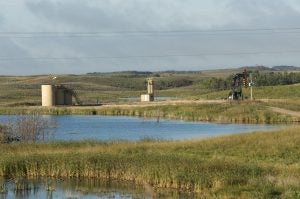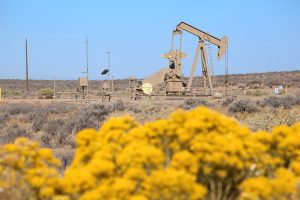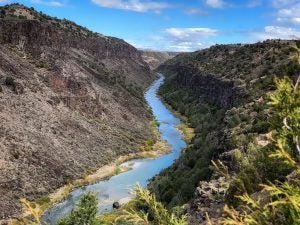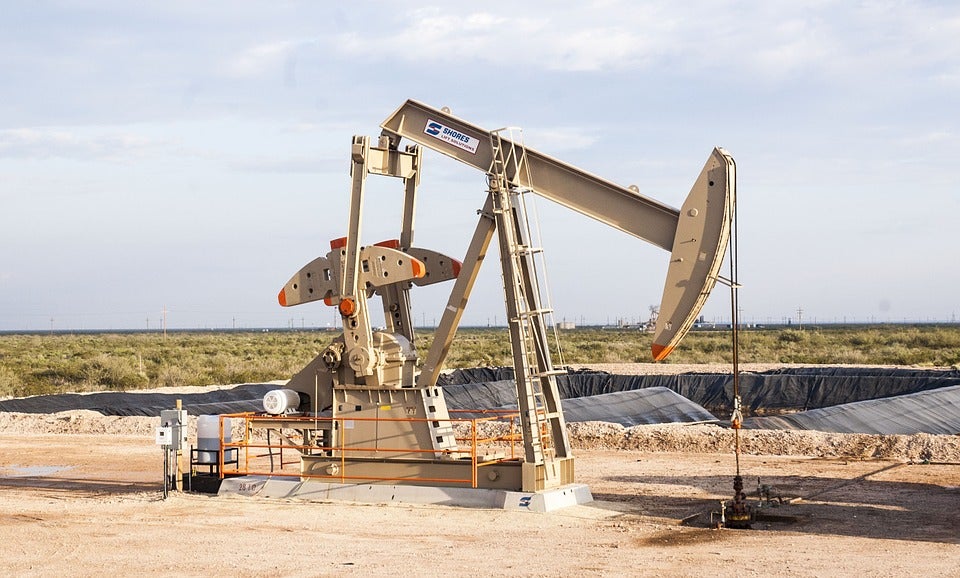 Some Texas leaders and oil and gas industry advocates have for years promoted the idea that produced water — the wastewater generated through oil and gas development — has a role to play in meeting broad water needs in our state. However, the state has a limited understanding of the chemicals in this wastewater and how programs to reuse it outside the oilfield could be practiced safely, if at all.
Some Texas leaders and oil and gas industry advocates have for years promoted the idea that produced water — the wastewater generated through oil and gas development — has a role to play in meeting broad water needs in our state. However, the state has a limited understanding of the chemicals in this wastewater and how programs to reuse it outside the oilfield could be practiced safely, if at all.
Acknowledging the necessity to better understand treatment needs, economic challenges, and public health and environmental risks of industry’s wastewater, the Texas Legislature recently passed Senate Bill 601, establishing a Texas Produced Water Consortium. The consortium will be housed at Texas Tech University, and will bring together a wide swath of agency advisors, technical experts and key stakeholders to consider these issues and produce a report with recommendations over the next year. The group is charged with suggesting legal and regulatory changes to better enable beneficial uses, identifying pilot projects and assessing the economics of using produced water both efficiently but also in a way that protects public health and the environment.
Answering these questions will be no easy feat, and Texas should definitely not encourage beneficial reuse until it can confidently answer tough questions about safety.














